Land Rover believes that new technology and a focus on improved quality will ensure the second-generation Range Rover Evoque – on sale from today with deliveries due next spring – can fend off rivals such as the Audi Q3 and Volvo XC40.
The British company has twice scored market-busting successes with compact SUVs: first the 1997 Freelander that pioneered the genre and became Europe’s hottest 4x4 for the next five years; then the 2011 Evoque that took a world-beating concept to production with huge and unexpected success (800,000 units, seven years) and was still selling out of its skin when production ended earlier this year.
Land Rover’s key ingredient for making a success of the 2019 Evoque recipe seems to be all-round thoroughness. Although the latest edition’s exterior maintains an understandably close relationship to the much-loved original, the second-generation model is practically all-new and bristles from stem to stern with bold technology.
It sits on a new, more space-efficient platform designed from the beginning for the electrification era. New fuel- and CO2-saving hybrid technology goes into most models from launch. A new three-cylinder, 48V plug-in hybrid powertrain is poised for launch in 2020, pioneering wider use of the set-up throughout Jaguar’s and Land Rover’s ranges. Quality and materials are both obviously improved and modernised, yet prices are being held close to current levels. Land Rover’s dependence on Evoque as one of its best money-spinners is clear, and it intends to fight (against fast-improving opposition) to keep the model’s pre-eminent position.
Although the Evoque look – the big front wheel arches and prominent rear haunches, radically rising waistline and descending roof – is maintained, there isn’t a common panel between new and outgoing models. The 2019 edition gets even slimmer LED headlights, and wraparound side and tail-lights. The Evoque adopts the recessed door handles of the pricier Velar.
The enhanced quality is made obvious by tighter panel gaps, and the upmarket models now roll on 21in wheels. Design boss Gerry McGovern resists suggestions that the Evoque has hardly changed, but labels the new car as “a smart evolution, rather than a revolution”.
The 2019 Evoque rides on an all-new “mixed-material” platform labelled Premium Transverse Architecture, a Jaguar Land Rover group design capable of housing the various electrified powertrains that will come soon to Jaguars and Land Rovers with transverse engines. The body is 13% stiffer than the current car, engineers say, improving refinement and handling.
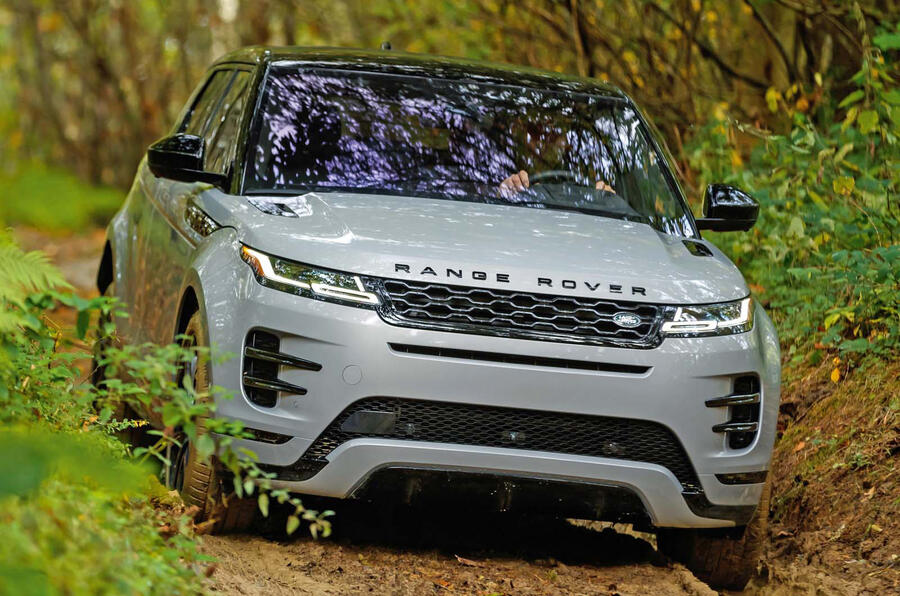

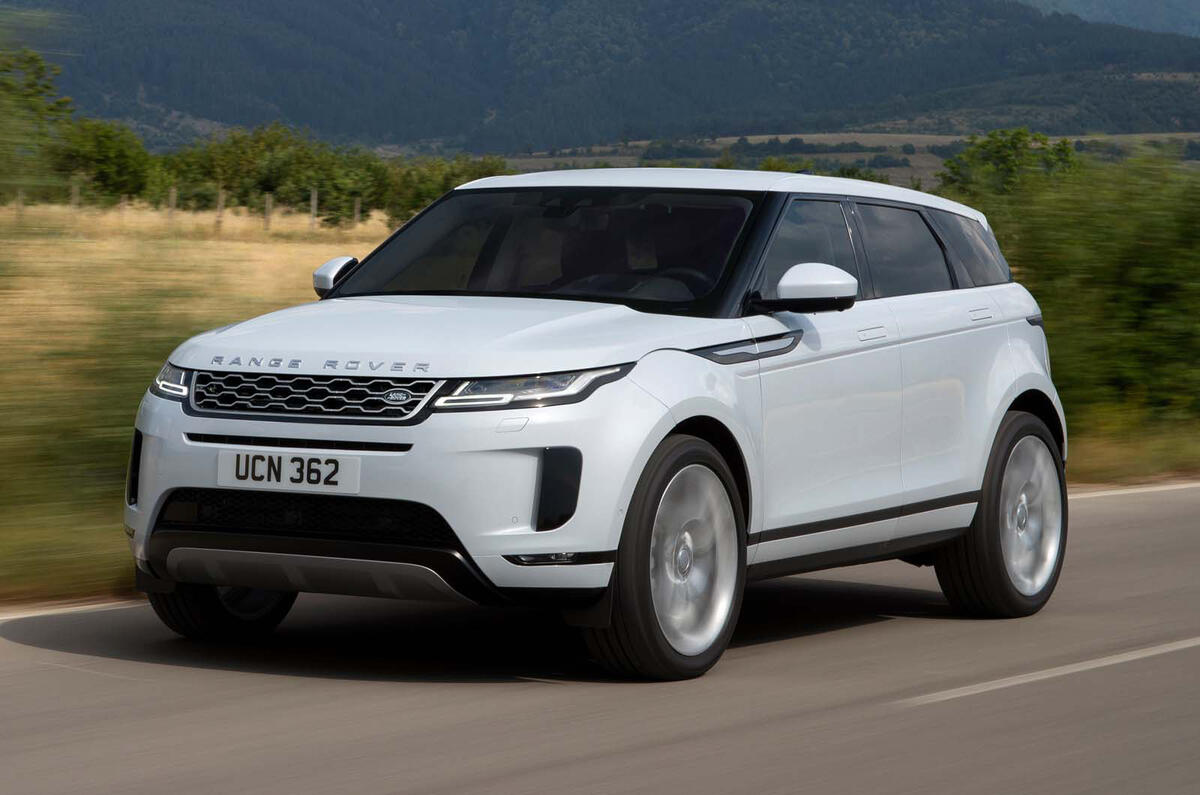
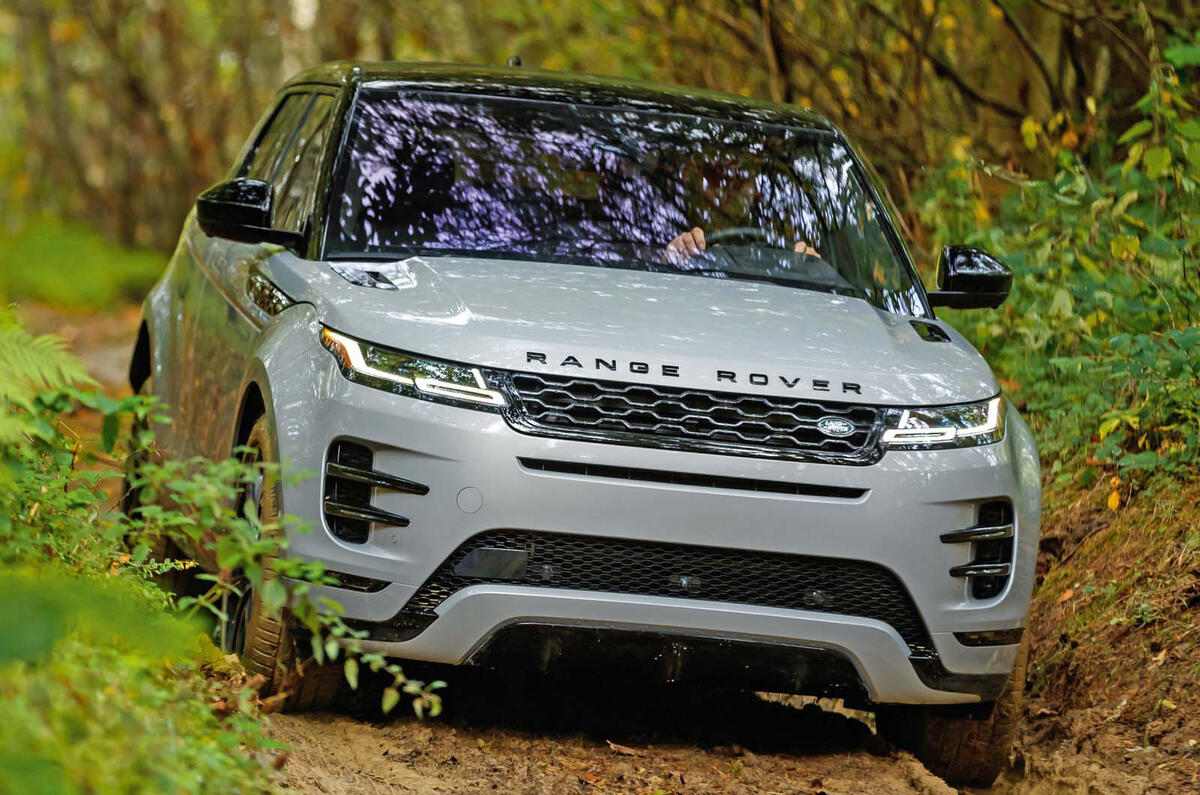
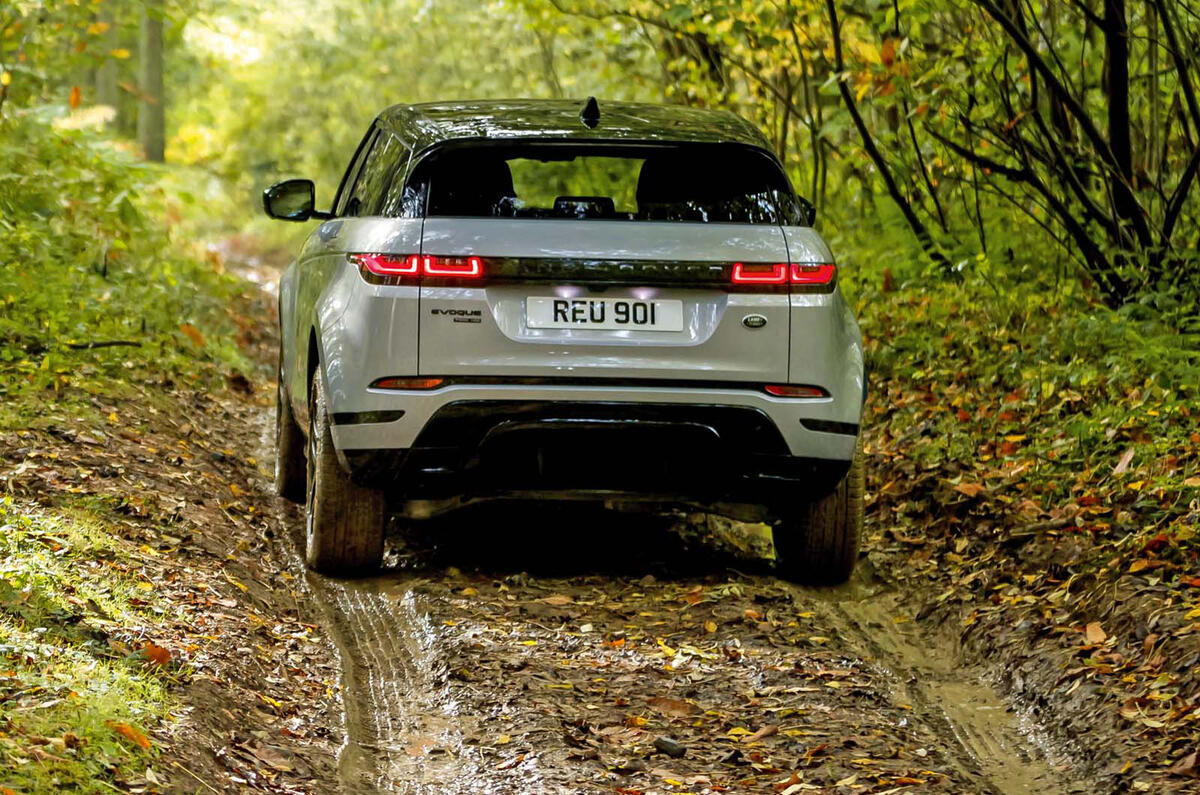
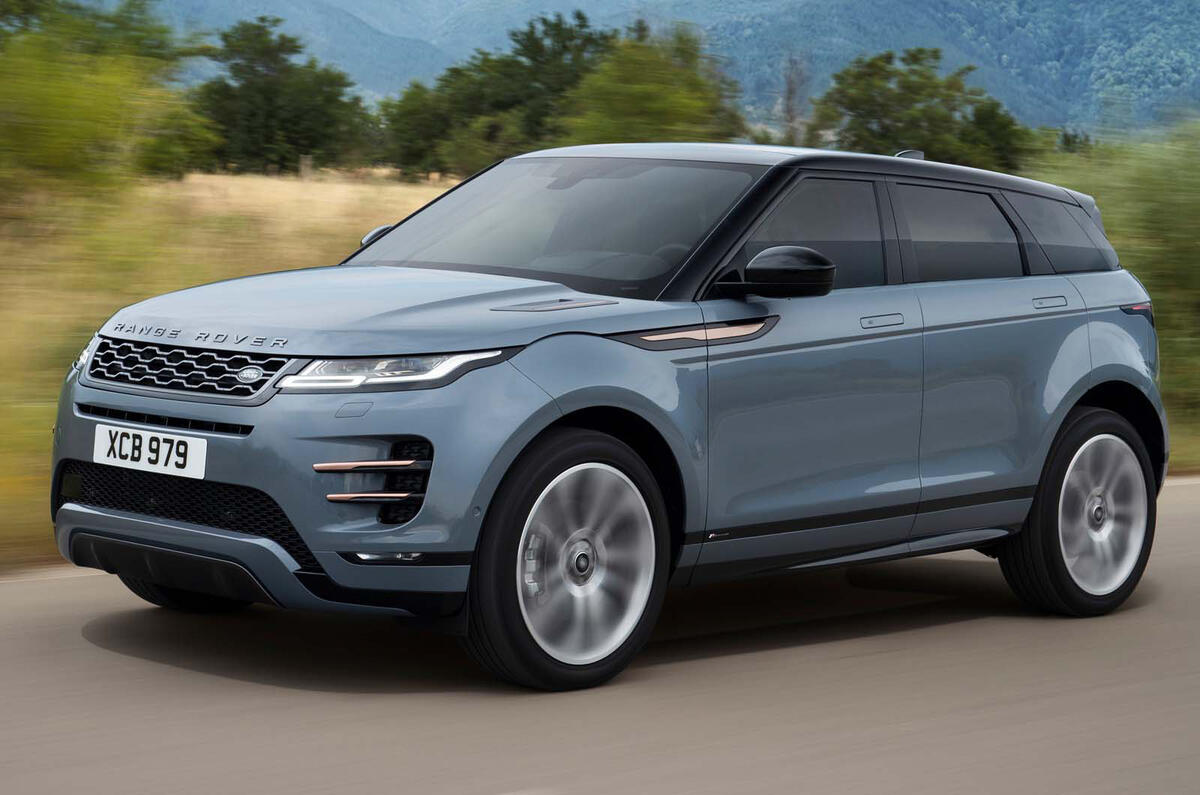
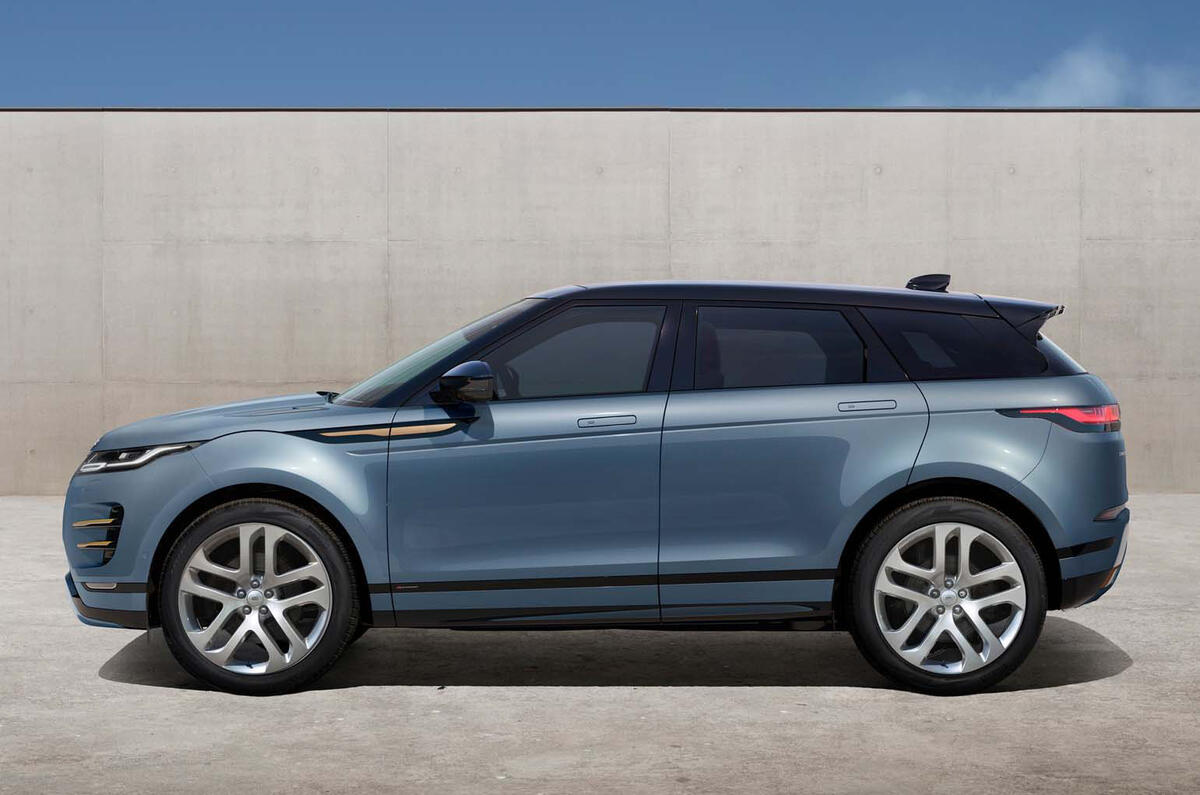
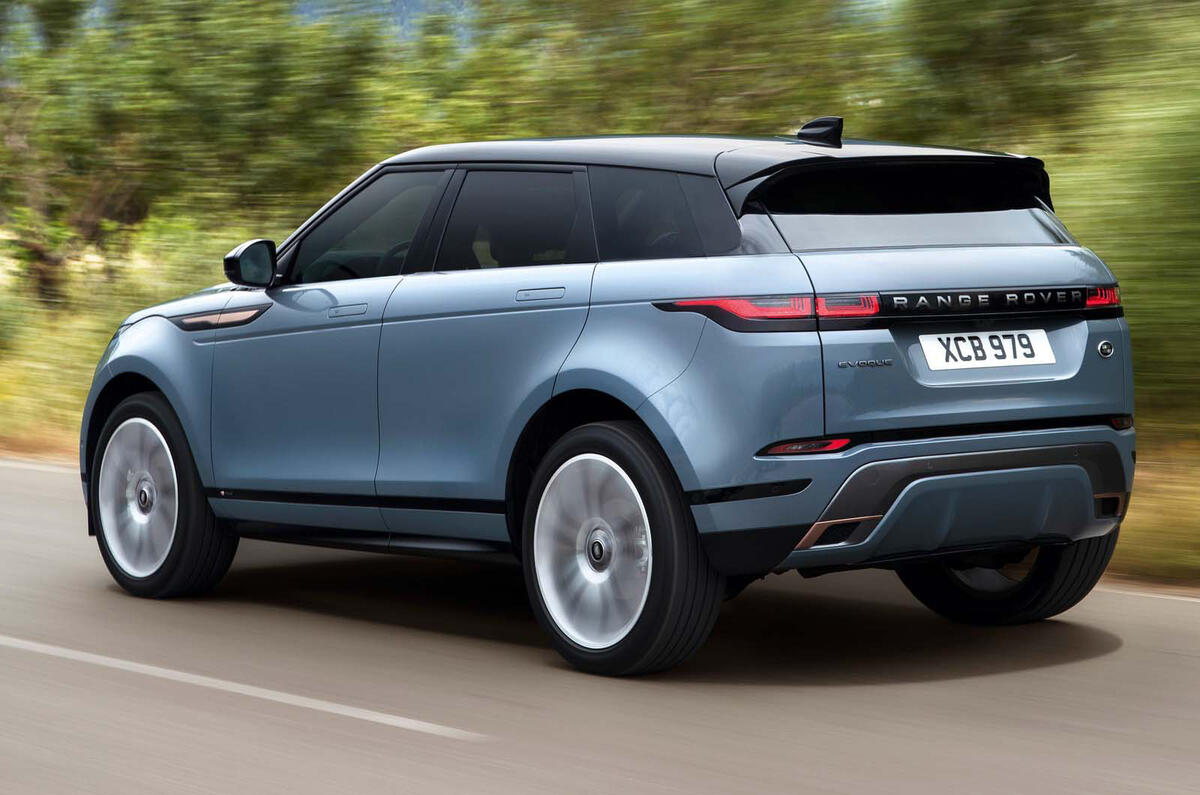

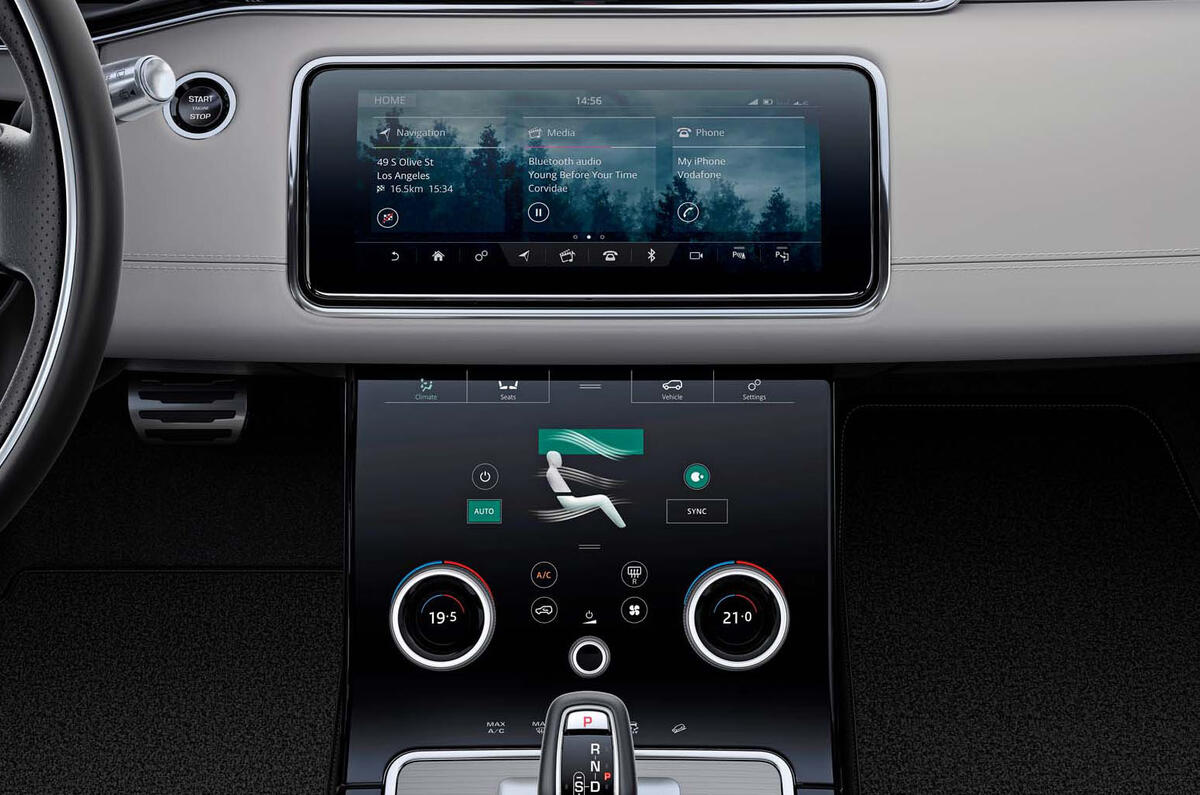
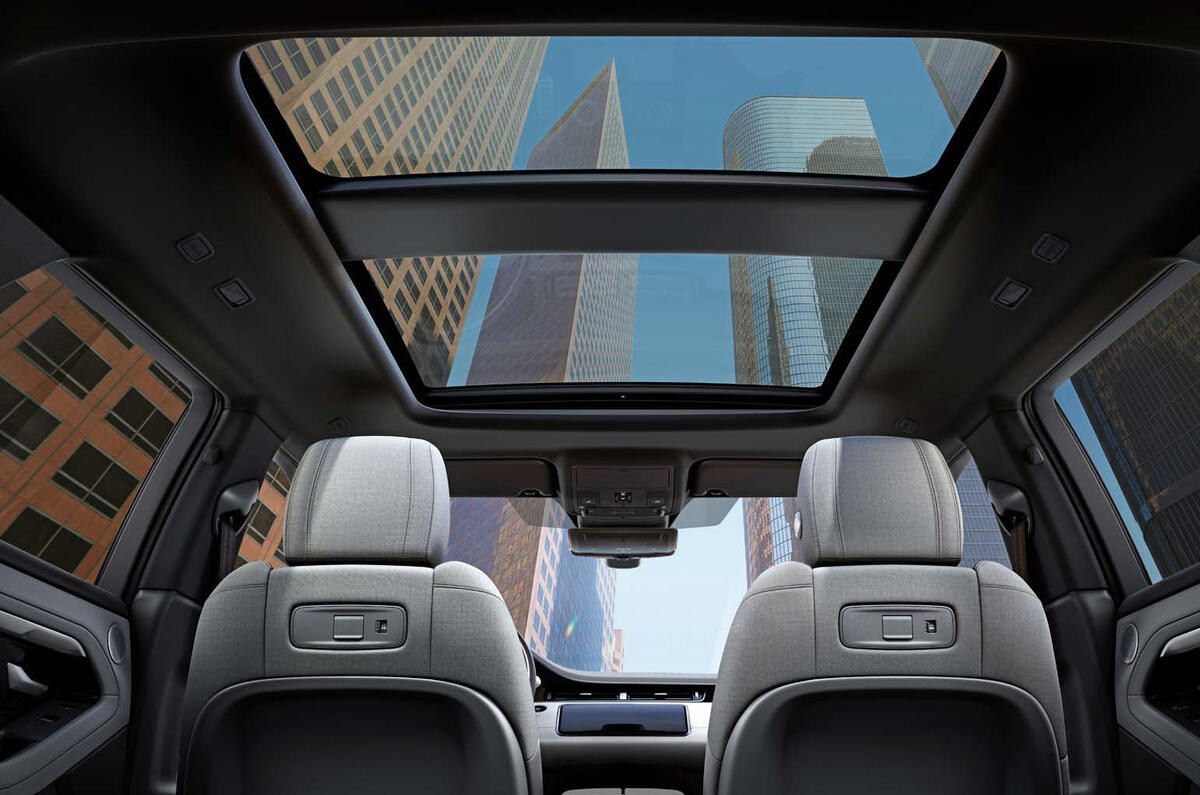
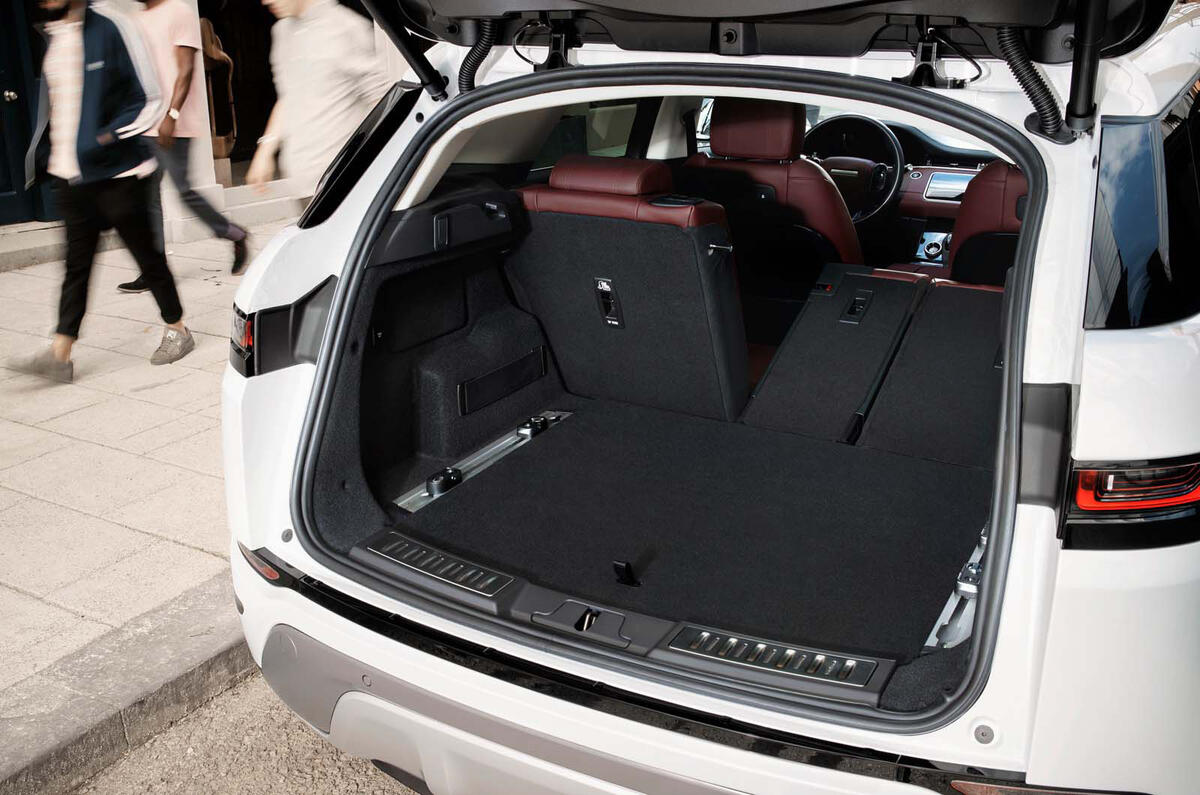
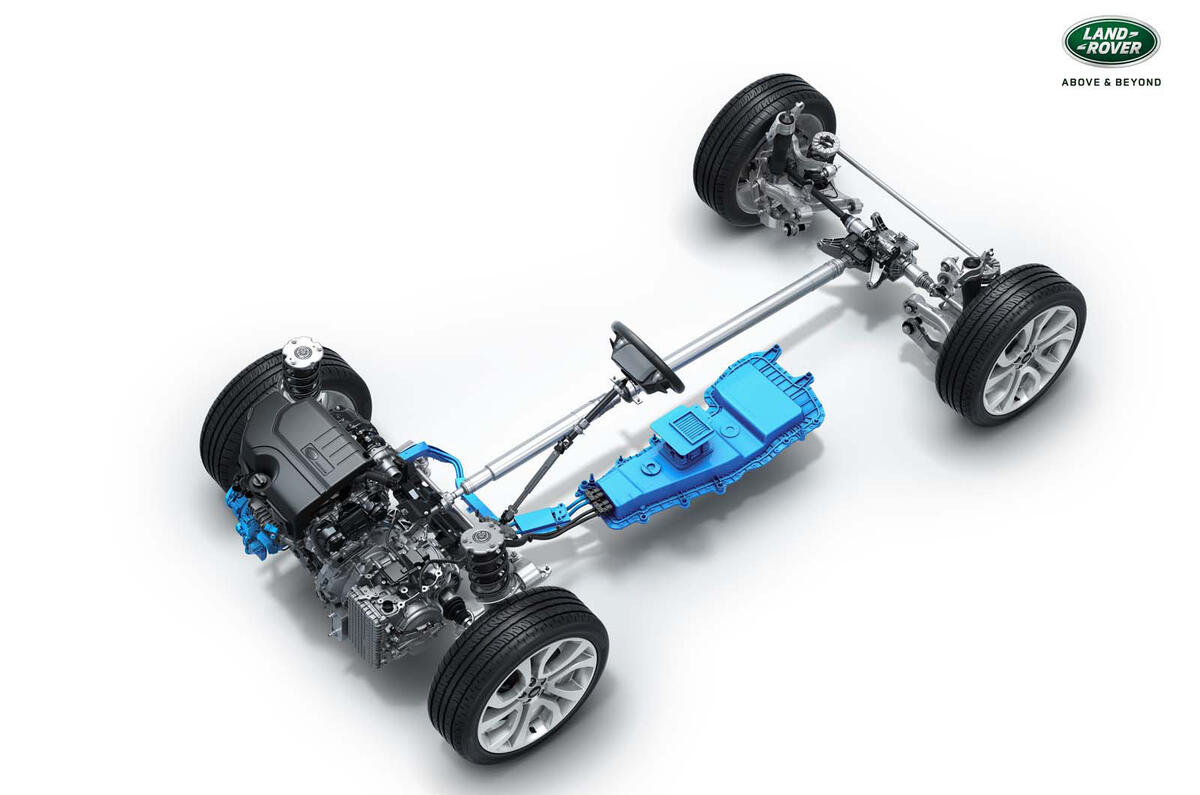
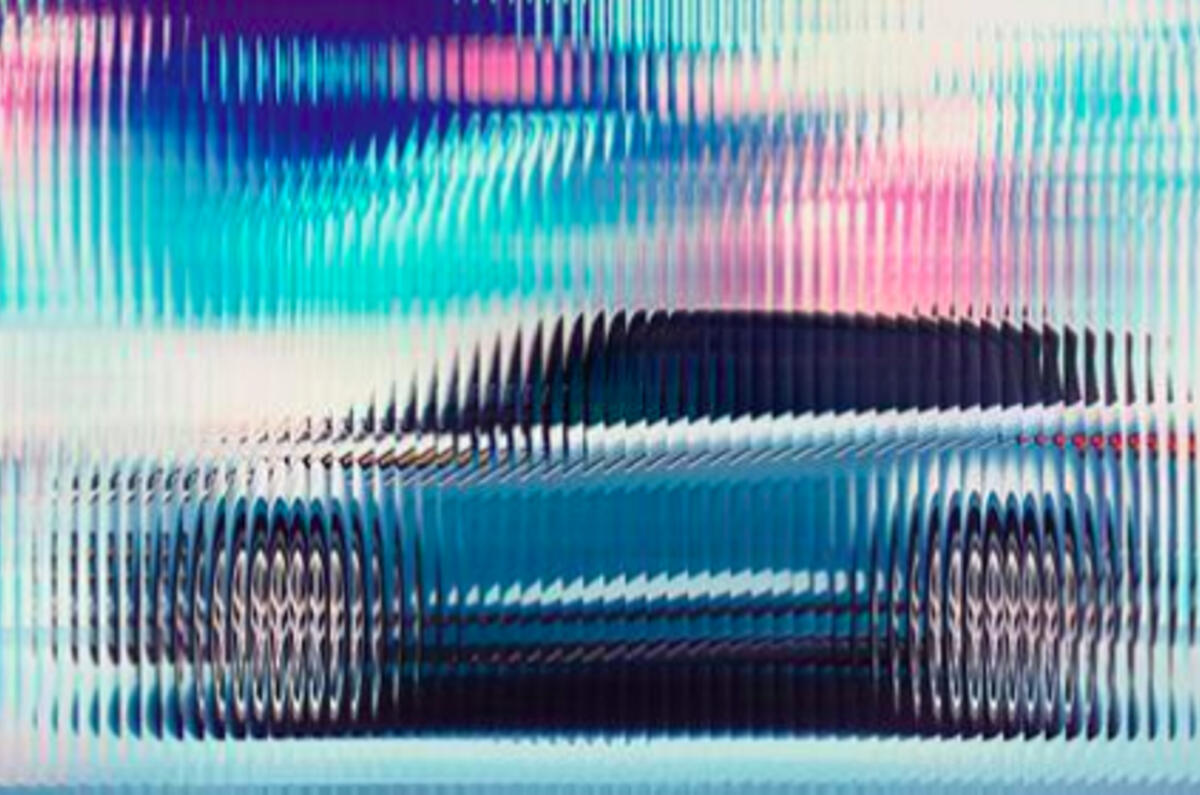
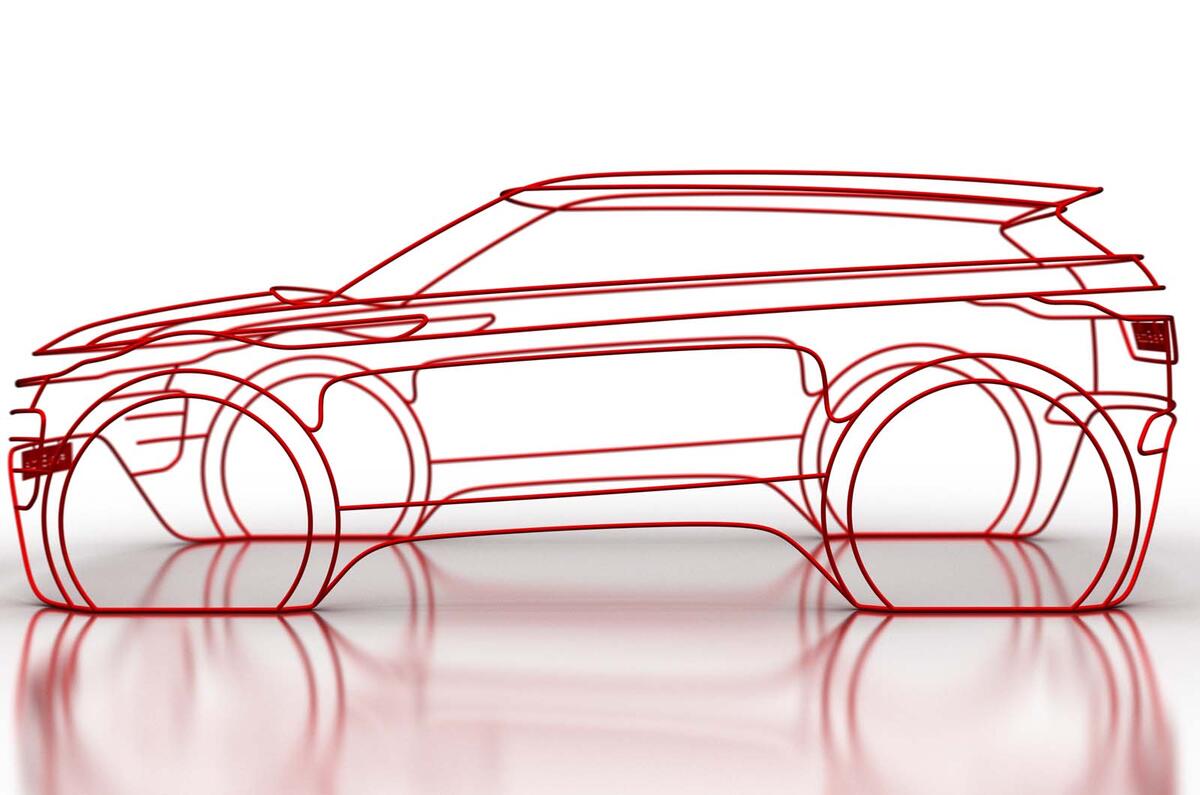
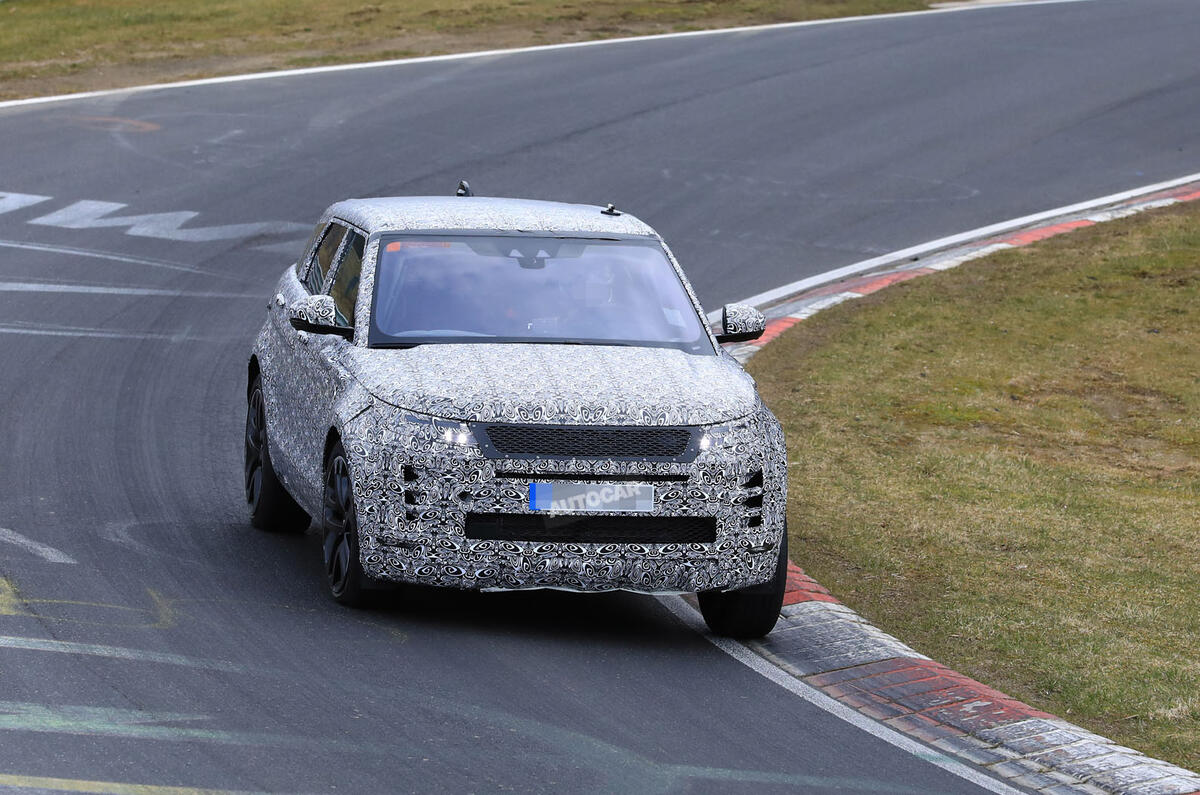
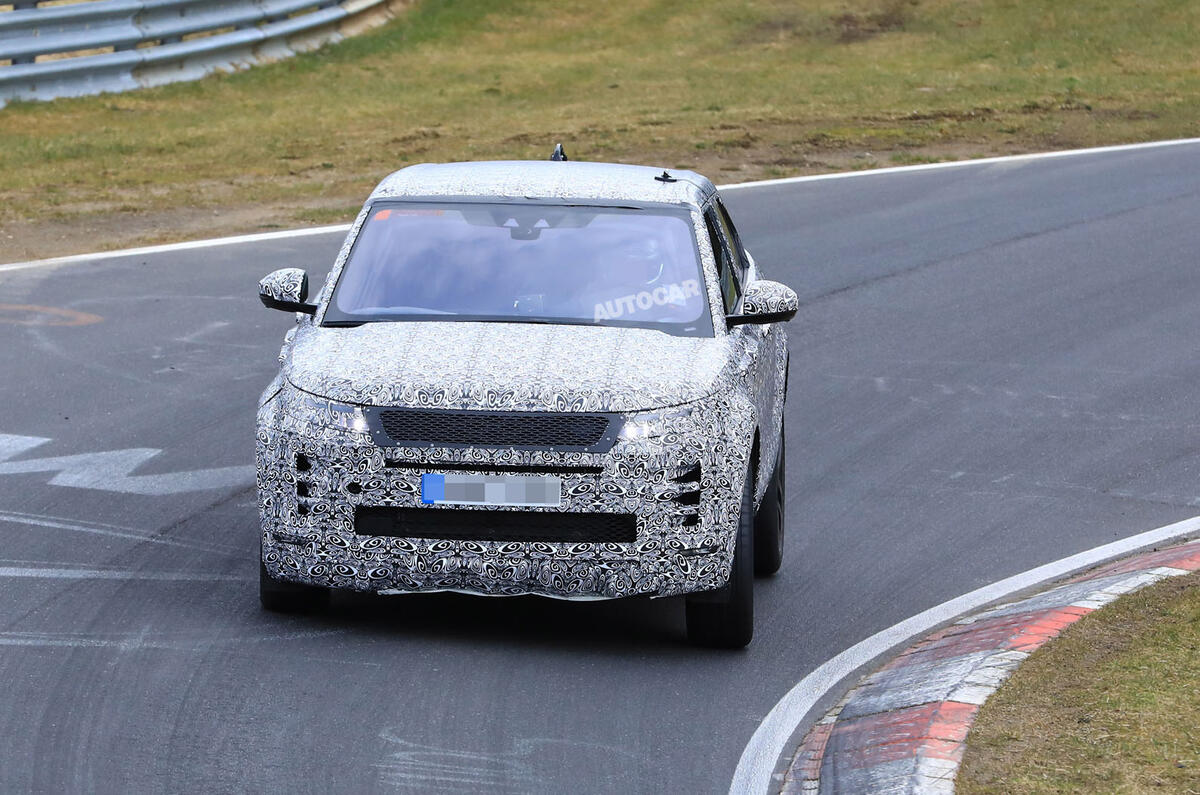
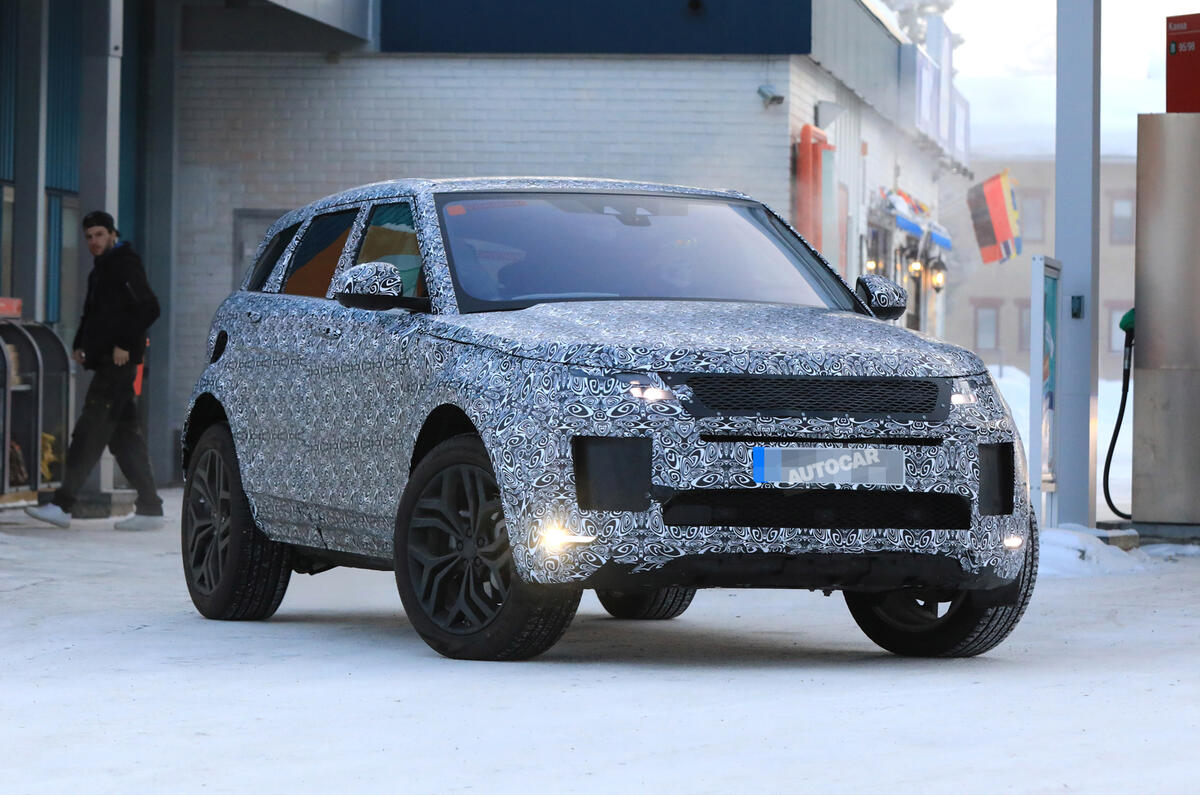
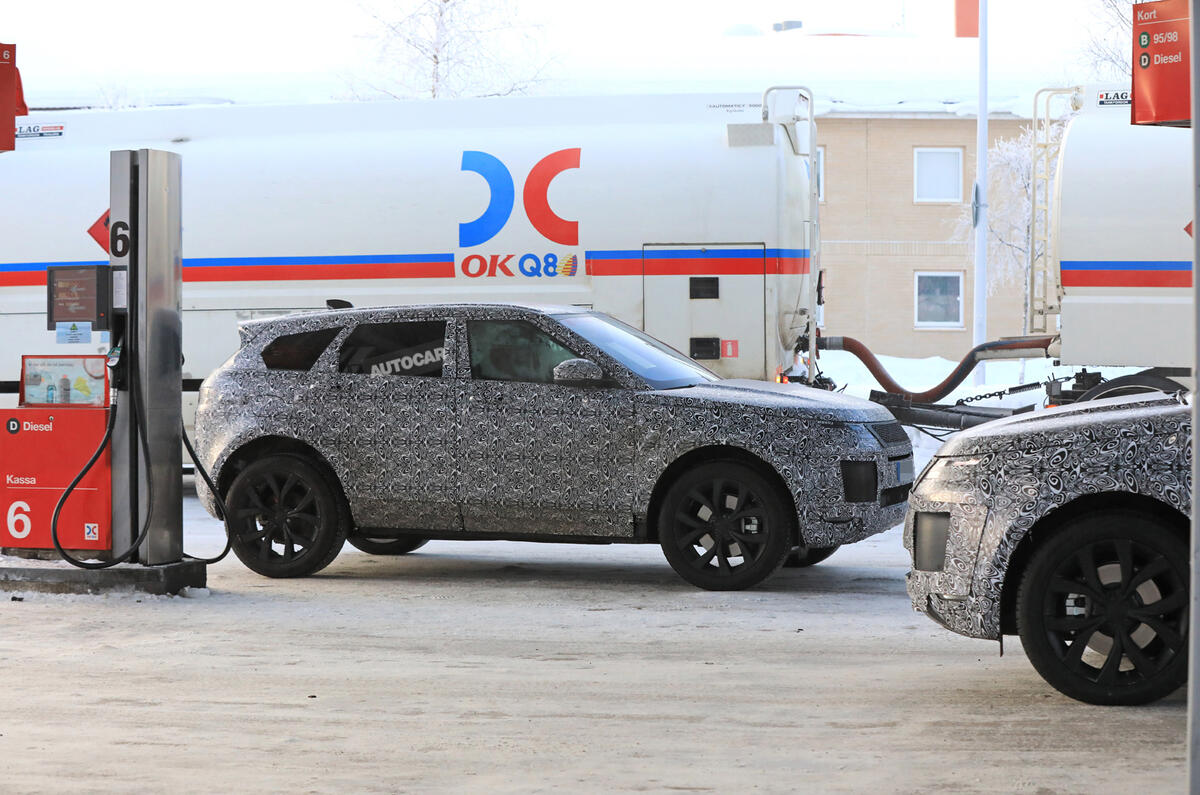
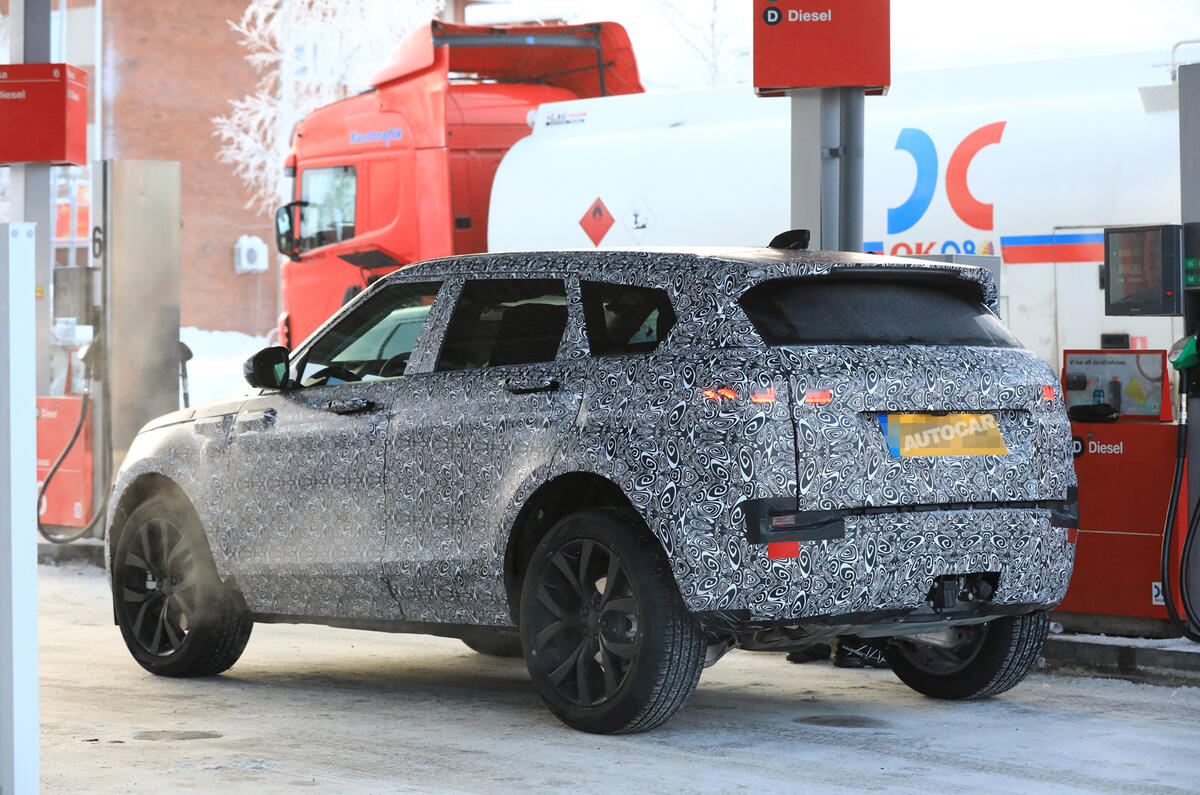
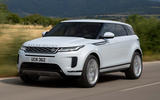
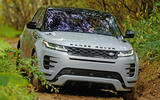
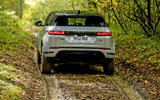
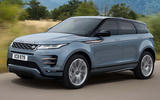
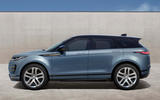
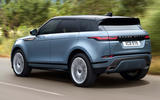
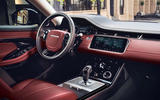
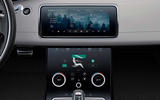
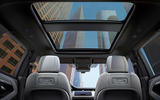
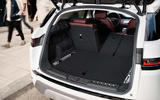
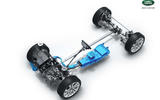

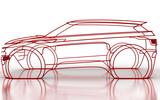
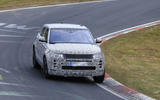

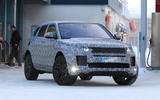



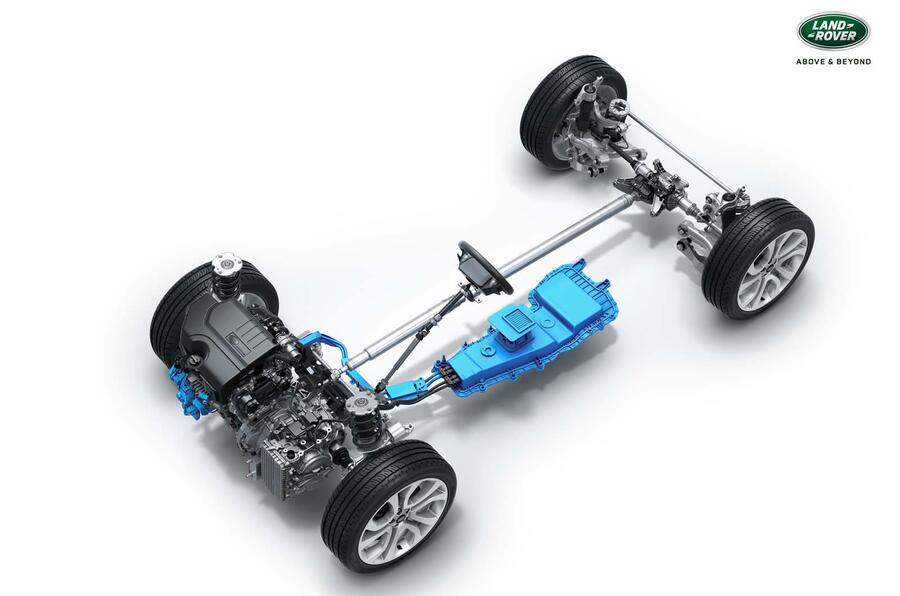
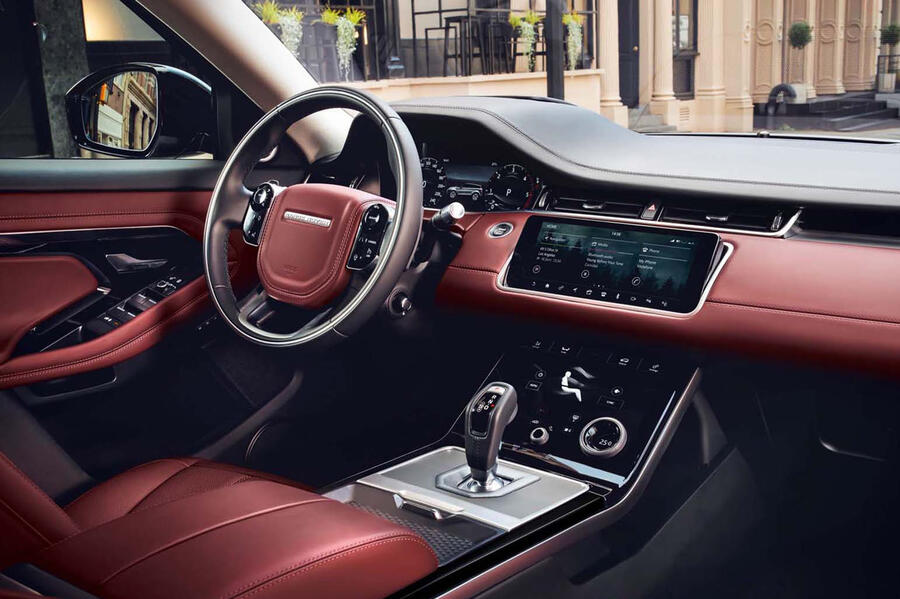
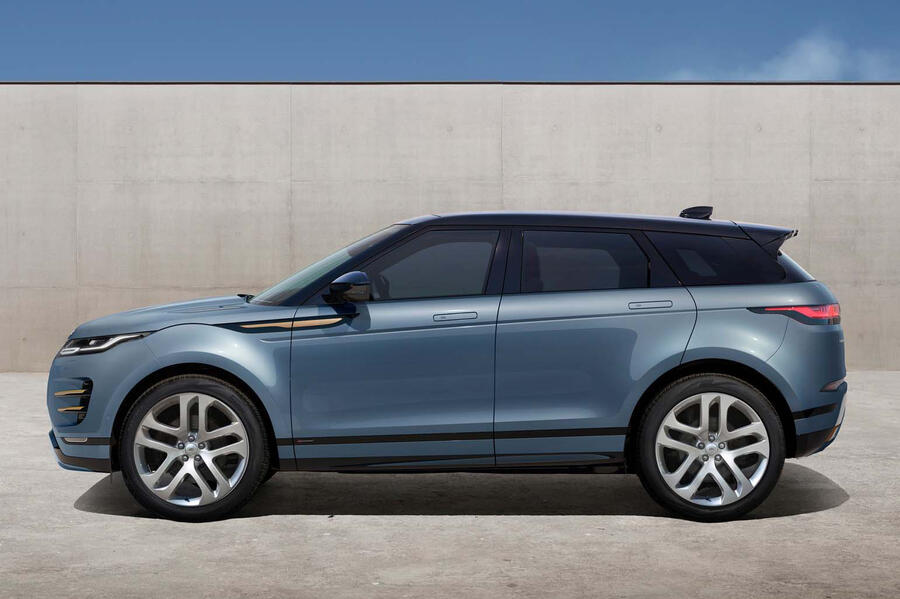





Join the debate
Add your comment
Personally I would have
Personally I would have preferred the styling to be a bit more radical. After all the original was a success BECAUSE it looked so interesting and different, do people just want more of the same?
Interested in what this "new" chassis is, whether it is a genuine leap forward, or just minor tinkering to the latest version of the old Ford platform, under the E-Pace
Looks FAB
I love the approach JLR are taking with Range Rover. Yes, you want a new model to move things on, but you still want it to retain that model DNA. It's what BMW, Mercedes, Audi, etc. all do, and it certainly pays dividends.
When a new 3 Series comes out, it's immediately recognisable as a 3 Series. Same with the Q5, etc. This shows a confidence and maturing of design.
I much prefer this evolutionary approach over the haphazard approach taken by others - for example look how different the original focus was to its successor versions. Maybe Ford should have allowed that original Focus with its 'new edge' design to mature instead of trying to bring out something completely different with every new generation...
Looks great
Hope model you want isn't 50k and there is more adjustment to driving position ie not constrained by older platform.